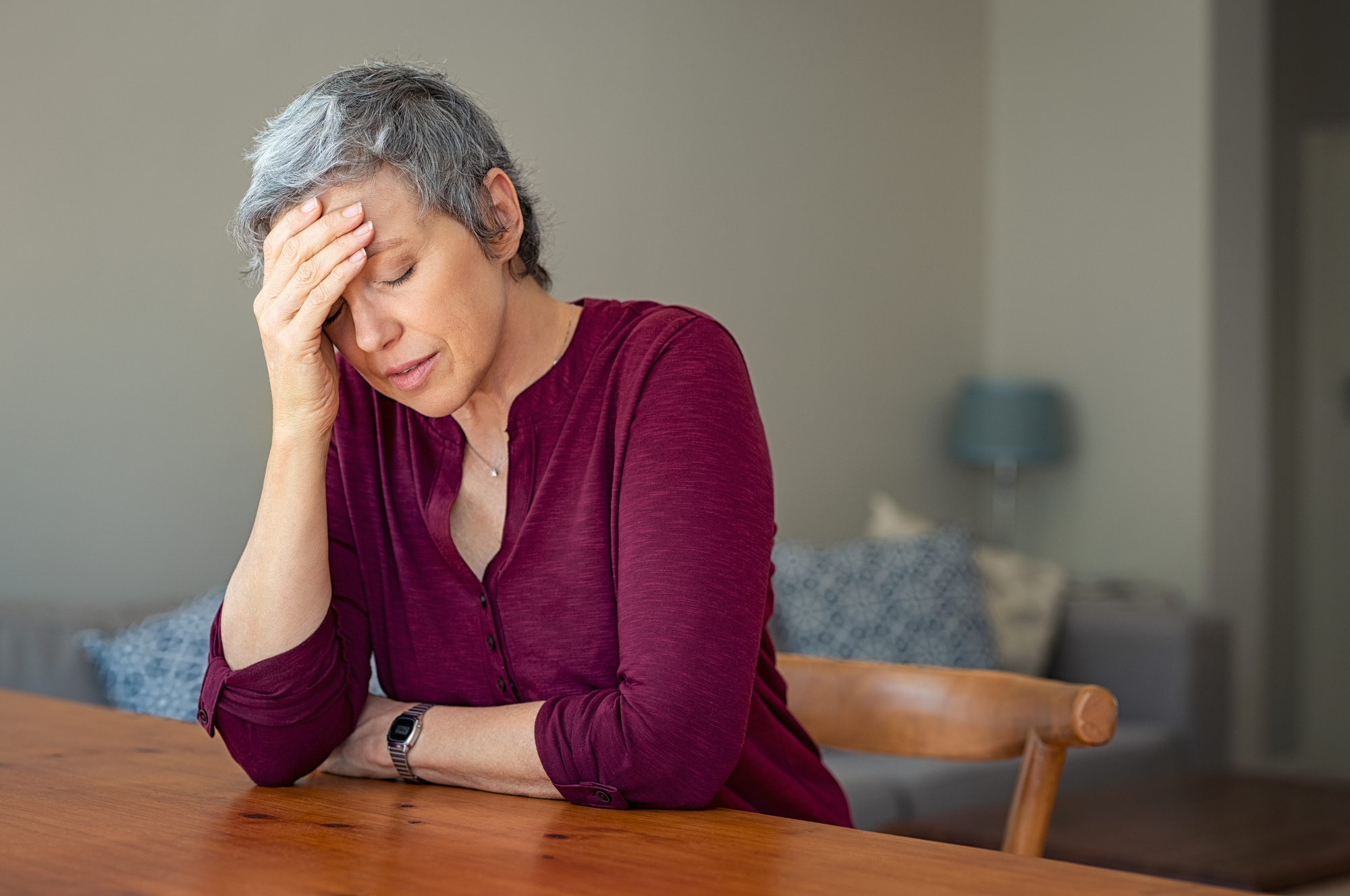When the menstrual cycle officially ends (going 12 consecutive months without a period), menopause begins. Menopause is not a medical condition, and some women view it as a period of liberation. Hormonal changes and other factors, on the other hand, can cause discomfort.
Many women have physical symptoms such as hot flashes, night sweats, vaginal dryness, and decreased sex drive as they approach menopause. It can also cause anxiety, mood swings, and a decrease in sex drive.Many women have physical symptoms such as hot flashes, night sweats, vaginal dryness, and decreased sex drive as they approach menopause. It can also cause anxiety, mood swings, and a decrease in sex drive.
A person’s quality of life can be affected by the symptoms of menopause in a variety of ways. Symptoms can appear before or after menstruation and might linger for years. There are, however, techniques to manage these symptoms.
Menopause affects each woman in a unique way. Many people lead full, busy lives throughout and after the transition, and some are relieved to be free of menstruation and birth control.
In the long run, eating a healthy diet and exercising regularly can help a person feel better and improve their overall health. Treatments and support are available for people experiencing menopausal symptoms.

What causes natural menopause?
Natural menopause is the permanent cessation of menstruation that does not occur as a result of any medical intervention. For women going through natural menopause, the transition is gradual and divided into three stages:
Perimenopause, also known as “menopause transition,” occurs eight to ten years before menopause, when the ovaries begin to generate less estrogen. It generally starts when you are in your 40’s. Perimenopause lasts until the ovaries cease producing eggs, which is when menopause begins. The decline in estrogen accelerates in the last one to two years of perimenopause, which is when many women begin experiencing menopause symptoms. However, you will still have monthly periods and may become pregnant at this time.
Menopause is the period of time when you stop having menstrual periods. Your ovaries have finished releasing eggs and producing the majority of their estrogen at this point. When you haven’t had a menstrual cycle for 12 consecutive months, you’ve reached menopause.
The term “postmenopause” refers to the period of time after you haven’t had a period for a year (the rest of your life after going through menopause). Many women’s menopausal symptoms, such as hot flashes, may subside at this time. Some women, however, continue to have menopausal symptoms for a decade or longer after they have reached menopause.
Postmenopausal women are more likely to develop osteoporosis and heart disease as a result of their lower estrogen levels.
Symptoms
Symptoms might arise as a result of physical and mental changes that occur around menopause. Some of these symptoms appear before and after menopause.
The following are some of the changes that occur :
- Dryness and pain in the vaginal area
Dryness, itching, and discomfort in the vaginal area can begin during perimenopause and last until menopause. During vaginal sex, a person with any of these symptoms may endure chafing and discomfort. Additionally, if the skin breaks, infection is a possibility.
During menopause, atrophic vaginitis, which involves the weakening, dryness, and inflammation of the vaginal wall, can occur.
Vaginal dryness and related disorders can be relieved with a variety of moisturizers, lubricants, and pharmaceuticals.
- Menstruation that is irregular
Periods becoming less regular is usually the first symptom that menopause is approaching. They could appear more frequently or less frequently than normal, and they could be heavier or lower in weight.
- Disruptions in sleep
Sleep issues are common during menopause and can be caused by a variety of factors, including:
Anxiety causes night sweats and a greater desire to urinate.
Getting plenty of exercise and avoiding big meals before bedtime can assist with these problems, but if they don’t go away, see a doctor.
- Flashes of heat
Hot flashes are prevalent around the time of menopause.. They induce a person to experience a sudden feeling of warmth in the upper body. The sensation may begin in the face, neck, or chest and move up or down.
A hot flash may also result in:
Sweating causes red spots on the skin to appear
In addition to, or lieu of hot flashes, some persons have nocturnal sweats and cold flashes, or chills.
- Changes in emotions
Menopause is associated with depression, anxiety, and low mood. It’s common to have periods of anger and weeping fits.
Hormonal fluctuations and sleep disruptions can exacerbate these problems. A person’s feelings regarding menopause may also play a role. Depression during menopause might be exacerbated by worries about poor libido or the end of fertility.
While melancholy, anger, and exhaustion are typical during menopause, they are not always indicative of depression. Anyone who has been depressed for more than two weeks should consult a doctor, who will be able to advise on the best course of action.
- Fertility issues
Estrogen levels begin to diminish as a woman near the end of her reproductive period but before menopause. This lowers the likelihood of becoming pregnant.
Is it possible to treat menopause?
You may not require any treatment for menopause in some situations. It’s all about managing the symptoms of menopause that are interfering with your life when you talk to your doctor about menopause treatment. Treatments for the symptoms of menopause come in a variety of forms.
The following are the most common menopausal treatments:
Hormone therapy is a type of treatment that uses hormones to by providing supplemental estrogen and a synthetic version of the hormone progesterone, this treatment helps to balance the body’s hormone levels.
Hormone treatment is available in a variety of forms, such as skin patches and topical lotions. It may aid in the reduction of hot flashes and other menopause symptoms.
The following items may also aid in the relief of symptoms:
-Prescription tablets, creams, and rings for vaginal dryness over-the-counter gels and other treatments for vaginal dryness.
-Hot flashes, vaginal dryness, and mood swings can all be treated with low-dose hormonal birth control pills.
-Even in people who do not have depression, low-dose antidepressants can help with hot flashes.
Looking for acupuncture to treat Menopause in Houston, TX?
Call us today (713) 572-3888

